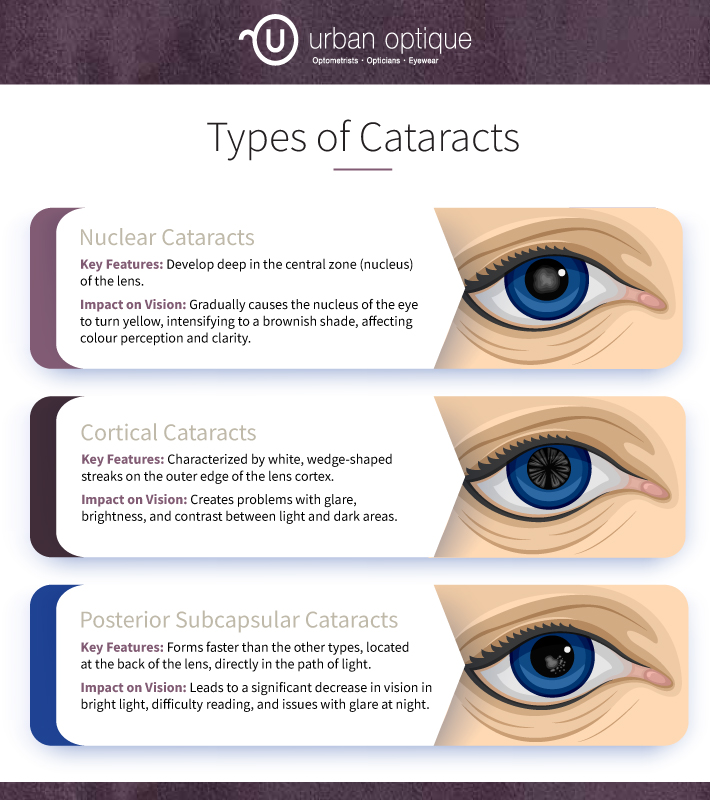Health
Importance of eye health celebrated in October─── ZENANDE MPAME 15:42 Thu, 10 Oct 2024

Seventy-five percent of all cases of blindness are avoidable either through prevention or treatment.
It’s essential to have conversations about the importance of eye care, as well as the prevention and treatment of avoidable blindness, during Eye Care Awareness Month.
It’ll be celebrated nationally from Saturday, 21 September till Thursday, 17 October to raise awareness about good eye health and the prevention and treatment for avoidable blindness.
This Eye Care Awareness Month, 109 ophthalmologists in private practice across the country have generously donated their skills and time to assist financially disadvantaged patients who are either partially sighted or blind due to untreated cataracts.
“The leading cause of preventable blindness in South Africa is cataracts,” said Right to Sight Trust member Doctor Nombuso Mathe. “Blindness can be prevented by performing surgery where the cataract is removed and an artificial lens implant is placed in the eye to restore vision.”
“Delaying to seek treatment for cataracts not only prevents a person from being active in work, school, and family or socially but it also creates a significant burden for the family and people that have to care for them when the vision loss is reversible with treatment.”
A cataract is a frosting or clouding of the lens inside the eye. The most common cause is ageing but may be accelerated by diabetes or eye trauma. Cataracts develop gradually after the age of 40 due to normal eye changes experienced, accelerated vision loss is found in younger patients or those diagnosed with diabetes.

There are three different types of cataracts. Photo: urbanoptique.co.za
By the age of 70, almost everyone has developed a cataract. They can take anything from a few months to many years to develop.
OFM News previously reported on a 4-day cataract marathon campaign at the Universitas Academic Hospital’s Ophthalmology. “We have about 500 patients who need the surgery and the programme has been running since 1999,” said Universitas Academic Hospital head of Ophthalmology Professor Wayne Marais.
“Cataracts are a reversible condition. We do not only do it at National and Universitas hospitals but all over the Free State, we treat about 30 patients per day which amounts to almost 150 per week.”
The signs of cataracts are:
- Having blurry or clouded vision as if looking through a dirty window;
- Trouble seeing at night;
- Seeing halos around lights;
- Sensitivity to light and glare;
- Seeing a double or a ghosted image;
- Double vision;
- Requiring brighter light for reading;
- Having trouble seeing well at night;
- Seeing bright colours as faded or yellow instead.
‘People are urged to check their eyes every year’
People are urged to take care of their eye health by having an annual eye exam for those older than 65, or every two years if younger.















